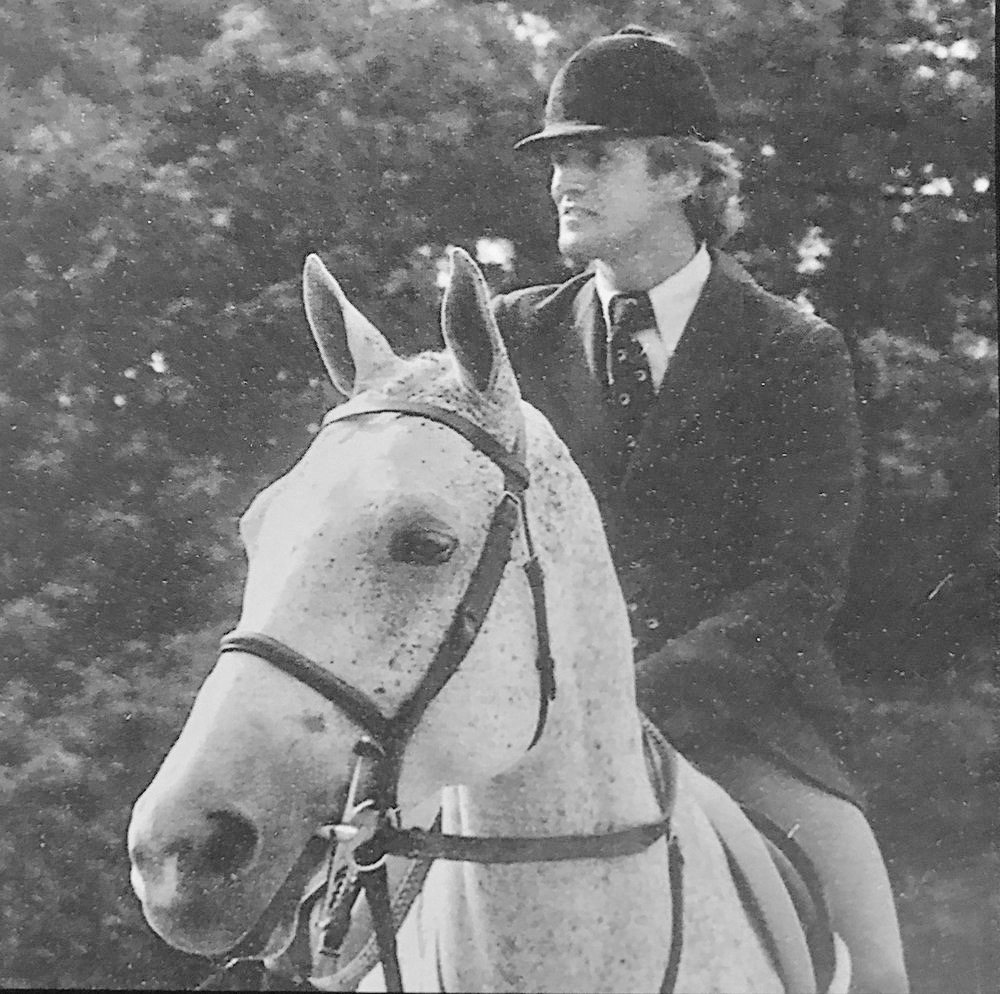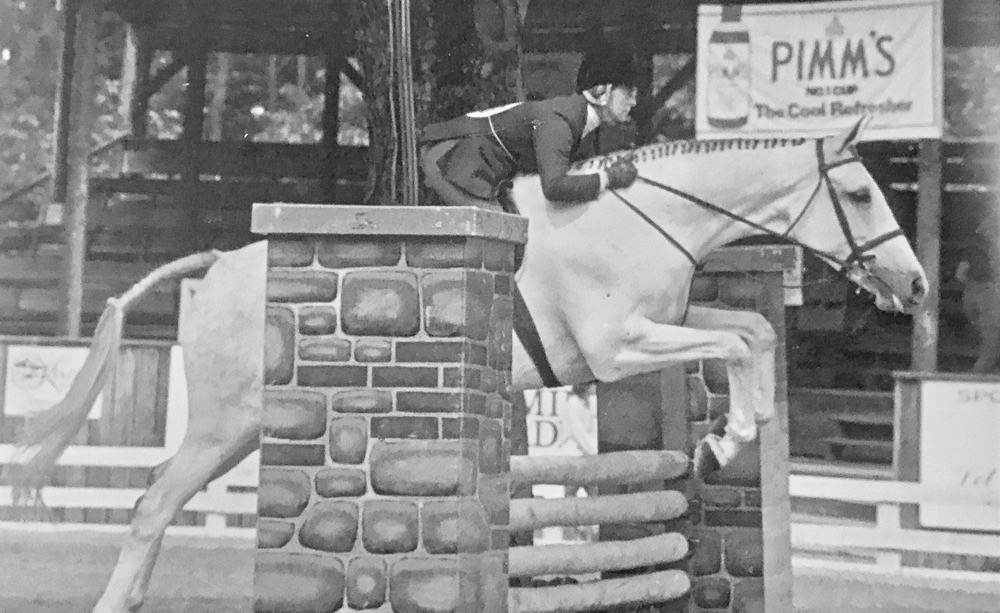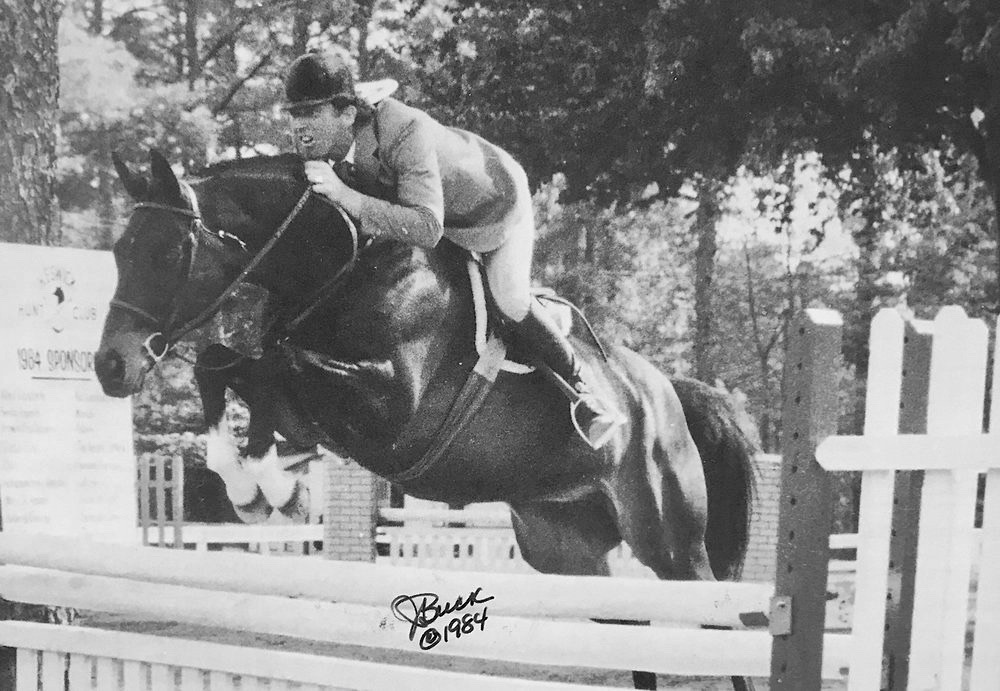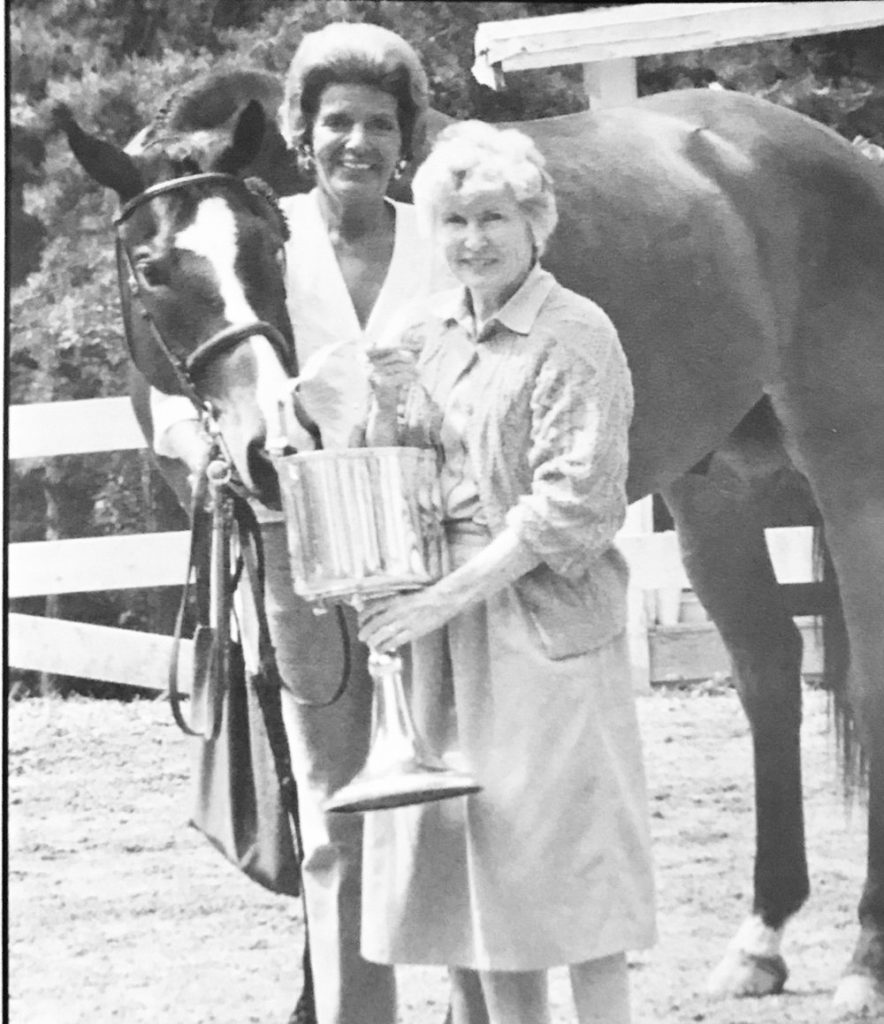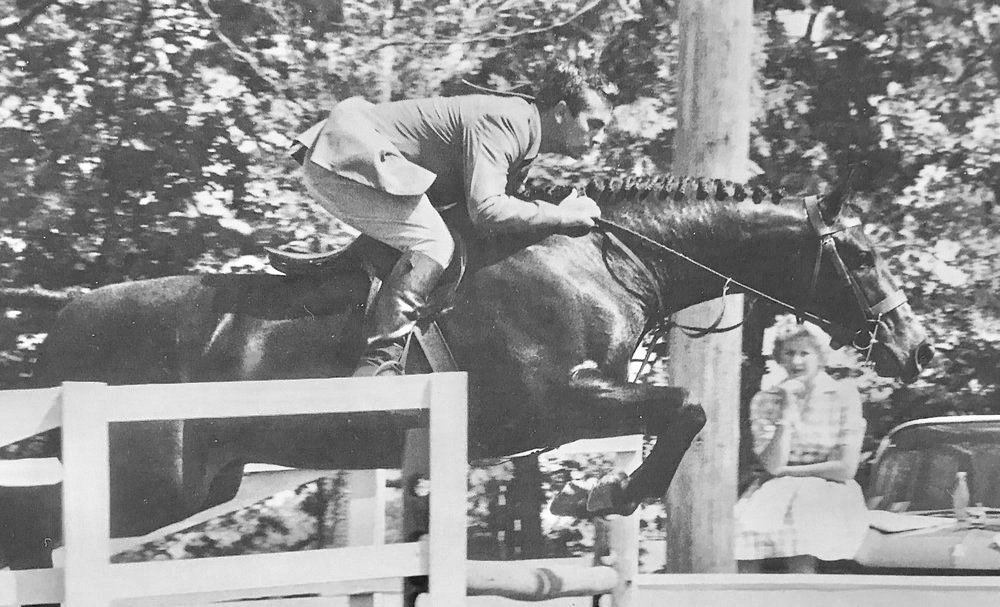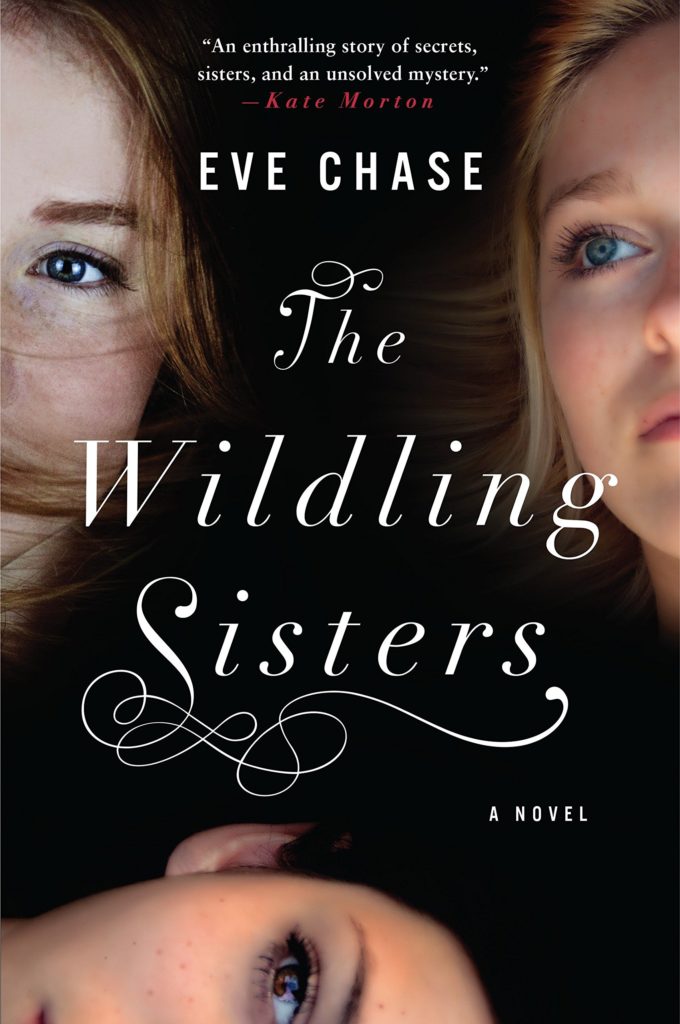Memorial Day begins the “summer guest” season. These innocent holidays usher in the possibility of a hoard of family or other guests sharing a house. It may be for a day or two or two weeks or more, but it will happen at some time during the summer.
It starts so innocently;
‘We want to see you when we are visiting.”
“Oh Don’t be silly, you can stay here! “
Or, “you girls can share a room, can’t you?”
Or, “We won’t be any trouble at all! ( do you mind if we bring our dog?)”
There is an old saying,
“Everyone seems normal until you get to know them.”
The sharing of a house for the summer or just having friends or family stay for the weekend are all ways to spend time together. Just keep their particular situation in mind when inviting guests. Remember, there are some non-drinkers. So alternatives are needed. Soft drinks, Pedialyte, and sparkling water sit on the bar along with wine and hard liquor. Be mindful of food allergies, and preferences, and enjoy each other.
One lovely spring day while sitting at my computer writing, I heard ghastly screams coming from the other side of the brick wall in our large garden. Jumping up to see what had happened, I saw a couple of my grown nieces and their children running one after the other towards the kitchen door. They were chasing my miniature dachshund, Sisi (10 pounds). When I got there, the little girls were crying, and one of the mothers was trying to get a baby bunny out of the mouth of the small dachshund. But it did not survive. For a couple of days, Sisi managed to dispose of four possibly five baby bunnies. We could not find the nest, and with a house full of people did not devote the amount of time necessary to do this. Dachshunds are hunting dogs. You cannot fault a dog for using its natural talents. The cousins, 10 and 12 years old, got a lesson in the survival of the fittest.
Friends of mine opened their house to two families; parents, a grandmother, and three children all staying at one time for several days.
When their house was full of guests, there was a shortage of easily accessible bathrooms. One guest and her young daughter went outside in the bushes early in the morning, because they did not want to disturb anyone jet-lagged who might be still sleeping. The hosts did not tell her that they have installed a system of movement activated cameras showing the greater part of the yard. It stores the images so they can see anything missed in live time.
Some cause happiness wherever they go; others whenever they go.
– Oscar Wilde
My own family is varied, to say the least.
Two or three are on Keto diets. They eat within a designated time frame ONLY. They won’t eat carbs or sugar and minimal fruit and only a few vegetables. But they want lots of nuts, olives, butter, coconut oil, and avocados!
And no fair teasing about what each other will or won’t eat. Best not to comment on how punctual or late they are or how messy, or neat.
One neat-nick cousin and compulsively cleaned the closet in the guest room.
Talk of politics is out. We have a full spectrum of ideas and beliefs, but little patience with those whom our views don’t mesh.
Some are passive-aggressive, some are always sweet, one has a mean streak, some are very neat and tidy, some toss their belongs helter-skelter. Some are punctual, and others are chronically late, some are slobs and dress in clothes that my mother would consider rags.
Sometimes when there are house-guests, I need to be alone, not to be lonely but to enjoy my own company in peace. It is helpful to recharge my energy for hosting.
We all have the power to change anything, even house guest woes. We are the ones who choose the things we focus our thoughts upon. We feel our own feelings, and no one else can do this for us. Knowing this, it is easier not to blame others for our angst.
Believe good things will happen, and the Universe will see that they do.
Here are some tips that may help!
1. If it feels wrong, don’t say it.
“Well, that is the way it happened!” “Oh! No! You are wrong. This is what happened!” Siblings often have differing views of family stories or their role in them. But it does not have to erupt in angry name-calling. You are in control of your actions. You control your own words, and temper.
2. Don’t be afraid to say no.
“NO! Your dog cannot sit on your lap while at the table.” or perhaps even more helpful. “Sorry you cannot bring your dog(s).”
One time we counted 11 dogs in a photo we took over Thanksgiving years ago. But when our grown children began having children, things changed. After a horrific and nearly fatal dogfight, the new rule was “You can bring your dogs or you can bring your children, but you cannot bring both dogs and children. You will have to decide which.”
3. Don’t be afraid to say yes.
“You have five children, and the youngest is four years old? Oh, no problem, we have lots of room!” And this happened with wonderful results. But it could be risky.
4. Don’t be a people-pleaser.
Meals can be fraught. One grandchild will not eat anything except white food. Some are vegan. Fixing vegan meals and yet pleasing the meat eaters can be challenging. Thank Goodness for pizzas. And double thank goodness for Pizza delivery.
One grandchild has peanut allergies; these types of things are not a joke. We have had one hospital visit due to a plate of Christmas cookies given as a gift. It was a lesson learned very well by the rest of us.
5. Stay away from negativity and drama.
Telling the truth is so essential, but perhaps holding one’s tongue is even more critical. There are hot buttons we can avoid. But not always:
Some drink a LOT of alcohol. Things can heat up late in the evening. Feelings can be hurt, and angry words cannot be taken back.
Go to bed before this happens.
6. Let go of what you cannot control
Let people do what is right for them. Do not pressure them to conform to your likes.
7. One final suggestion: Just love them.
We will suffer as long as we allow what others say or do to cause an emotional reaction in us.
Real power is restraint, and in sitting back and observing everything with logic and patience.
If words can control us, everyone can control us. We must take a deep breath and let things pass on by.
Our family tensions will be reduced, and we will be able to visit in peace and harmony.
Happiness starts with us. Not with our guests, or their manners, eating habits, clothes or political views, or even how well we get along. Happiness is a choice we have the power to make. Choose wisely.









